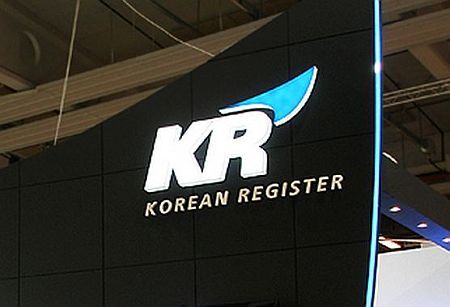
The Korean Register of Shipping (KR) has won a contract to develop a new software application to assist port state control officers (PSCO) working within the Mediterranean MoU.
The software will comprise an up-to-date database of all relevant IMO and ILO conventions and will be used by PSCOs to ensure a vessel’s compliance with the relevant requirements.
The software will be based on KR’s existing KR-CON application that contains a maritime library of IMO conventions. It was designed to help users apply IMO requirements quickly and correctly and comprises the full and up-to-date texts of all IMO Conventions, Codes, Resolutions and Circulars.
KR has a track-record of assisting Port State Control authorities. In 2007, it was commissioned by the European Maritime Safety Agency (EMSA) to develop a bespoke system for use by Paris MOU port state control officers. This package – called RuleCheck – was updated last year at EMSA’s request.
Commenting on the new contract, Oh Kong-gyun, KR Chairman and CEO said:
“Port state control is at the heart of ensuring that ships operate safely and with due regard to the maritime environment. I am immensely proud that KR has been chosen to develop this important new software application that will help port state control officers do their jobs more effectively. It will make a significant difference to ship inspections in the Mediterranean MoU region and I hope that other MoUs will follow suit and consider developing such tool to ensure the effective implementation of their port state control initiatives. The ongoing success of KR-CON, the RuleCheck system we developed for EMSA and now the award of this new contract demonstrates that KR is a world leader in maritime innovation and technology.”
This project falls within the framework of the EU-funded regional SafeMed II Project which is currently being implemented by the Regional Marine Pollution Emergency Response Centre for the Mediterranean Sea (REMPEC). One of the main objectives of SafeMed is to further reduce the capacity gap between the application of the international regulatory framework and the EU legislative framework in order to ensure a coherent, effective and uniform implementation of the international conventions and rules for maritime safety and security. The SafeMed II Project technically assists the Mediterranean MoU to enhance its capabilities, and this state-of-the-art tool will assist with this objective.
KR will deliver the new software program at the end of August 2012.
We use cookies to improve your experience. By continuing to use our site, you accept our Cookies, Privacy Policy,Terms and Conditions. Close X